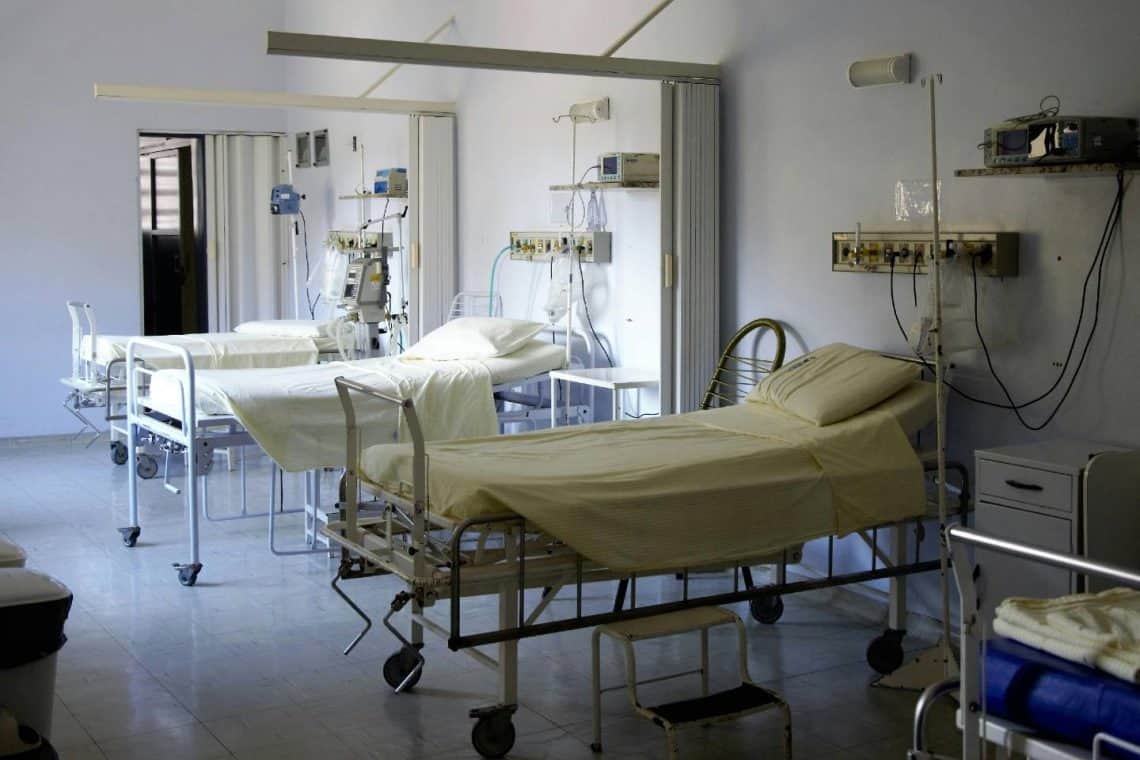In the wake of a fatal bus crash in South Africa’s Limpopo province, officials have confirmed 17 out of 43 victims have been identified. The devastating collision—on a challenging mountain stretch—has drawn international attention, with governments pledging support and much of the world reflecting on transport safety lessons.
The Crash Unfolded
The accident happened on Sunday, October 12, 2025, when a DNC Coaches bus traveling from Gqeberha to the Zimbabwe border veered off the N1 near Louis Trichardt and plunged down a steep embankment in the Tshambudzi valley. Authorities report the driver lost control, causing the bus to overturn and catch fire. In total, 43 lives were lost—among them 18 women, 17 men, and 7 children (including a 10-month-old)—while 49 passengers sustained injuries of varying severity.
Survivor testimony and early investigations suggest the bus was overloaded (reportedly carrying up to 91 passengers in a 60-seat vehicle) and that speeding played a role. Though inquiries are ongoing, those on scene recount the driver swerving to avoid a collision before disaster struck. The majority of passengers were heading home to neighboring countries, highlighting the hazards of regional cross-border travel.
Identification in the Midst of Grief
By October 15, the Limpopo Provincial Government stated 17 victims had been positively identified through forensic processes at Tshilidzini Hospital. Authorities have taken photos of the deceased to aid relatives—many traveling from abroad—to confirm identities. Post-mortem examinations are being expedited, with hopes for completion by midweek to enable repatriation.
Many families face additional anguish due to undocumented loved ones, complicating identification efforts. One social media user noted the importance of always carrying official ID. Meanwhile, the Zimbabwean Embassy is coordinating with local agencies to support family members and encourage them to come forward. The death toll is now confirmed at 43, following a critically ill passenger’s passing.
Survivors’ Accounts
From hospital wards, survivors describe a harrowing descent: violent swerves, sudden impact, and chaos in cramped conditions. Among the injured, Emmanuel Makhandi recalls a desperate moment just before the crash. Others mention the overwhelming crowding and speed aboard the bus.
A small glimmer of hope arrived in the form of a four-month-old infant found alive amidst the wreckage, sustaining only minor injuries. She currently recovers at Siloam Hospital, though her parents’ situation is unknown. Some less seriously injured passengers have been discharged, but many remain hospitalized as their stories of survival and loss unfold.
Government Aid and International Cooperation
South African and neighboring governments have pledged swift support. President Ramaphosa offered condolences and called the crash a shared tragedy, while Limpopo’s premier described the identification process as a “mammoth task” to be fast-tracked. On the neighboring side, leaders have declared the incident a national disaster—promising funeral support, medical coverage, and assistance with repatriation.
Transport ministers and embassy officials have convened to coordinate free transport for relatives to identification sites, align repatriation procedures, and harmonize regional road safety protocols across affected countries.
Global Lessons in Road Safety
The tragedy resonates beyond borders. In the United States, published data shows the rate of fatalities involving large trucks and buses rose from 0.176 to 0.191 per 100 million vehicle miles traveled from 2020 to 2021 (source).
Interestingly, research comparing travel modes suggests buses are statistically safer than cars. Several studies indicate that fatality rates per passenger-mile for car occupants can be far higher than those for bus travelers—some estimating a risk up to 23-66 times greater for car users (source). This contrast underscores the importance of regulation, training, and enforcement—especially where cross-border transit is common.
A Broader Infrastructure Lens
In regions where large infrastructure initiatives drive development, safety integration becomes crucial. Projects funded through international corridor networks often improve connectivity—but they also carry risks when safety standards are secondary. Applying lessons from global infrastructure efforts—where governance and contract oversight matter as much as road quality—could strengthen transport safety in rugged zones like Limpopo’s mountain passes.
Moving Forward
With 17 victims identified and repatriation processes underway, the focus must shift to prevention. The tragedy is a stark reminder that coordination between nations, strict regulatory oversight, infrastructure design, and global best practices cannot be afterthoughts. In honoring the memories of those lost, the better path is a road made safer by lessons learned.
